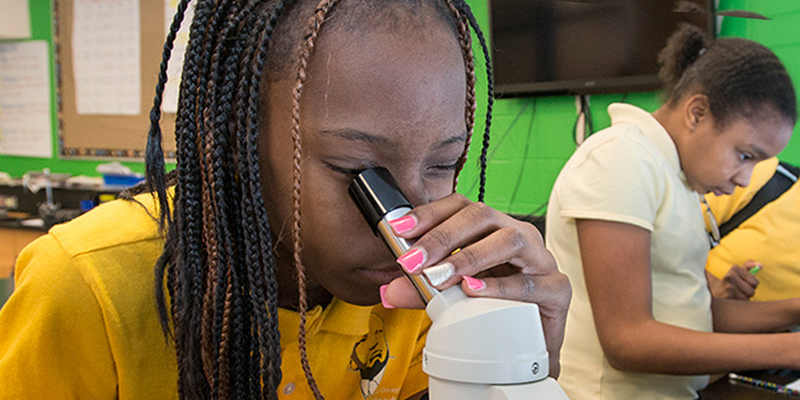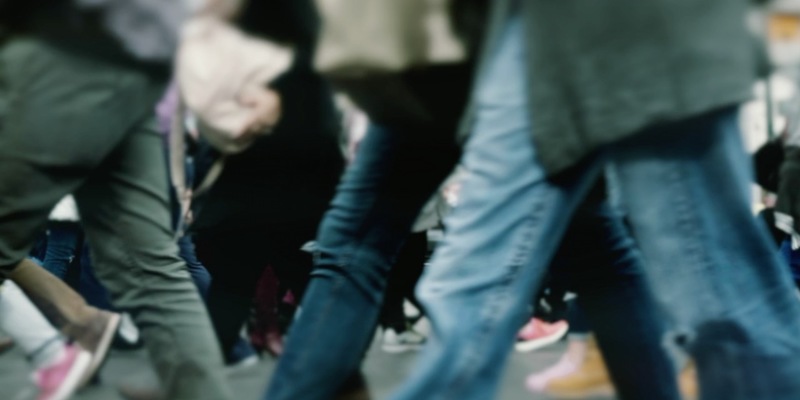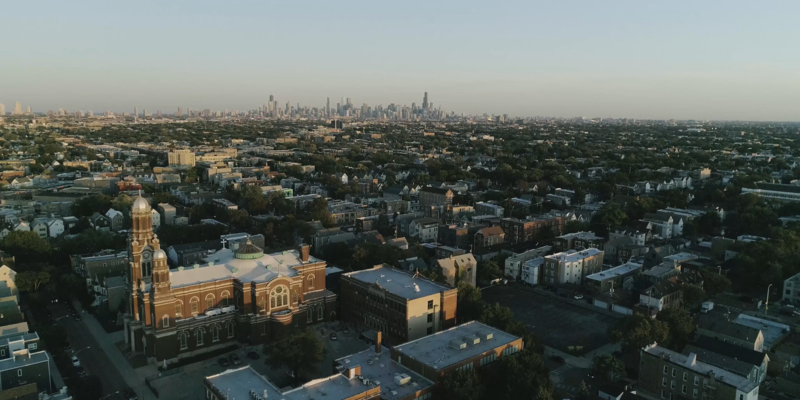Energy & Environment Lab Chicago Bag Tax
One hundred billion plastic bags are used annually in America, and the majority end up in landfills, taking up to an estimated 1,000 years to decompose. Even paper bags have significant environmental impacts—in 2015, paper production contributed to 20% of all toxic air releases in the US.
In early 2017, in an effort to curb disposable bag use, the City of Chicago implemented a seven-cent tax on all paper and plastic checkout bags. In partnership with ideas42 and New York University, the Energy & Environment Lab set to work to understand the effect of the tax.
The team discovered that Chicago’s bag tax reduced disposable bag use from 82% of consumers to just 54%, while doubling reusable bag use from 13% to 29% – a change that occurred within the first month of the tax. Importantly, these effects persisted a year after the tax implementation.
Preliminary Results Memo Skipping The Bag: Assessing the impact of Chicago’s tax on disposable bags




